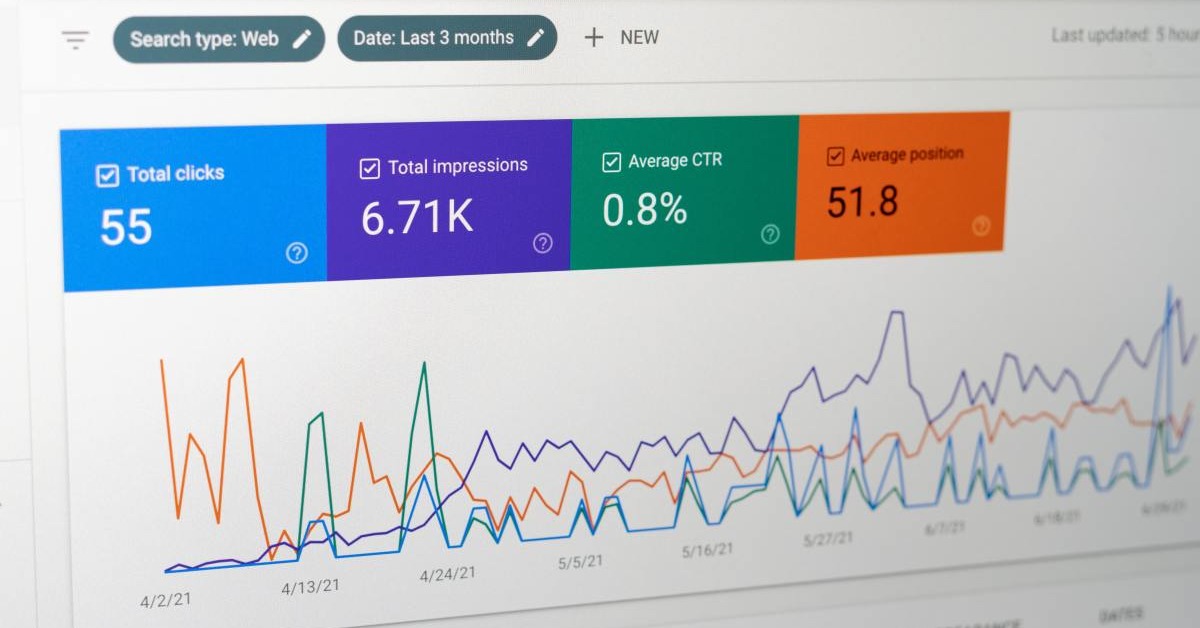
Is a Master's in Computer Science Worth It?
A master's in computer science may take you two years [...]
Coding, or programming, is the written language we use to communicate with computers. It’s the framework and footpath for instructions on running programs and high-level automating tasks.
Computer science uses coding for a variety of applications; data scientists can use coding languages to quickly and accurately sort and cull large amounts of data and extract useful information from it to help solve business problems like fraud or sinking revenues or identify general inefficiencies that prevent stakeholders from achieving maximum profitability.
Does data science require coding? We address that question in this article. We also discuss:
Since accuracy in data analytics is a goal of the data scientist, many data science projects rely on programming skills. For some, it’s the beginning and foundation of all data science. Programming languages help data scientists organize and clean large, unstructured data sets, so becoming proficient in the syntax of scripting languages like Javascript, Java, Python, Perl, C/C++, and SQL is very helpful for work in data analysis. From there, data scientists can build machine learning models and statistical models to help relay data findings back in useful ways.
Coding is a valuable skill but not strictly mandatory in data science. For those looking to minimize the coding workload, proficiency in Python might be enough to get by. Python offers several useful libraries like Pandas and TensorFlow to help achieve data analysis objectives.
Some data scientists add coding skills and languages over their careers on an as-needed basis. They begin with statistics and mathematics and then “pick up programming out of necessity to accomplish what they couldn’t do otherwise…” They learn to program when it is necessary to a project.
Other skills are important for data scientists, too. Problem-solving is at the top of the list, as that is at the heart of the job. Data scientists are investigators and troubleshooters who must be curious about how to derive the correct results from their work. Strong business acumen is necessary for decision-making and big-picture strategizing. Data scientists should also be adept at working with unstructured data coming from different sources and channels (marketing, social media, etc.).
In addition, good communication is critical for interpreting and presenting information harvested from data to stakeholders and other team members unfamiliar with the process. Visualization tools Tableau and Microsoft Excel can provide graphics to help present material in clear, impactful ways.
Data scientists use other technical skills in their jobs, including statistical analysis and computing, processing large data sets, data visualization, data wrangling, mathematics, probability, and statistics. Master’s programs in data science help train aspiring data scientists in these skill sets and provide an understanding of higher-level algorithms, machine learning, artificial intelligence, deep learning, and big data.
Data scientists should also know SAS and other analytical tools: “An SAS, Hadoop, Spark, Hive, Pig, and R are the most popular data analytical tools that data scientists use,” according to Ronald Van Loon.
So yes, jobs in data science do require coding, though some more than others. Let’s outline some of the industry’s common job titles and their salaries.
| University and Program Name | Learn More |
|
Boston College:
Master of Science in Applied Analytics
|
|
|
Merrimack College:
Master of Science in Data Science
|
Data scientists use their statistical and analytical skills to interpret large data sets to better understand and solve business challenges. The average total pay for a data scientist is $122,650 (base salary of $104,259 and bonus of $18,391). A senior data scientist might earn in the $130,000 range.
BI analysts collect and interpret business data gathered from software programs, focus groups, and interviews with clients and stakeholders to develop and report insights on the marketplace. The estimated total pay for a business intelligence analyst is $83,403 (base salary of $72,317 and a bonus of $11,086). A senior BI analyst may earn in the $110,000 range.
Data analysts predict trends and help map out smart planning for businesses by analyzing market research and sales data and providing statistical analysis of behaviors. The estimated total pay for a data analyst is $75,704 (base salary of $62,408 and a bonus of $13,296). Senior data analysts may earn in the $130,000 range.
Software engineers use programming languages like Python and Java to write, debug, and test computer software. The estimated total pay for a software engineer is $117,955 (base salary of $101,597 and a bonus of $16,358). Senior software engineers can earn in the $131,000 range.
A business systems analyst is focused on collecting and interpreting data to invest in smart business expansion and new opportunities in industries like healthcare and telecommunications. They also test processes and make recommendations for improvements. The estimated pay for a business systems analyst is $101,349 (base salary of $87,102 and additional pay of $14,247). Senior business systems analysts can earn in the $125,000 range.
Data mining analysts set the parameters for required data and select, organize, assess, and interpret the results of the research for investments and business decisions. The estimated pay for a data mining analyst is $86,820 (base salary $71,012 and bonus at $15,807). A senior-level analyst or senior data science manager may earn in the $106,000 range.
Program managers connect the dots between business objectives and coordinate the many projects that share strategies and goals for optimum results. The estimated pay for a program manager is $98,580 (base salary of $85,328 and a bonus of $13,253). A senior program manager may earn in the $123,000 range.
Statistical analysts work in similar ways to data mining analysts, assessing data sets to help with business strategy. The estimated pay for a statistical analyst is $87,298 (base salary of $66,477 and a bonus of $20,821). A senior statistical analyst can ean in the $105,000 range.
Data science offers profitable, rewarding work. Senior-level roles can pay considerably more than positions found in the early stages of a data science career path. Honing your technical skills and becoming a desirable candidate for data science positions is the best route to those high-paying positions.
These data science skills can be acquired in informal settings like bootcamps and tutorials, through certification courses or community college classes, or in a data science course and curriculum found at a larger and more traditional master’s program.
Many schools offer data science master’s programs fully online or in a hybrid format with synchronous and asynchronous classes. They offer training in all the technical and other skill sets, plus access to alumni networks and connections to the real world with top hiring organizations. With rapidly changing technologies, whatever path you choose to sharpen your coding and data science skills will likely pay off and help advance your career.
(Last Updated on February 26, 2024)
Questions or feedback? Email editor@noodle.com

A master's in computer science may take you two years [...]

Money is math and math can be money, but think [...]

These days, businesses are collecting more data than ever before, [...]

A master's degree in statistics offers graduates a breadth of [...]

The human eye blinks an average of 4,200,000 times a [...]
Categorized as: Data Science, Information Technology & Engineering